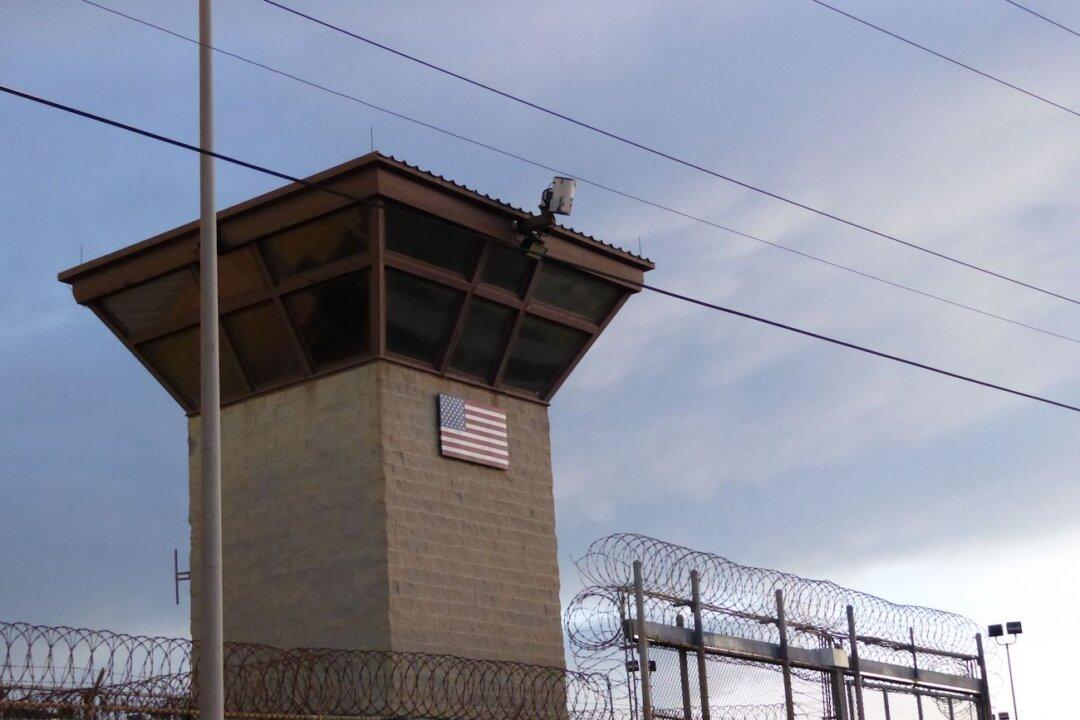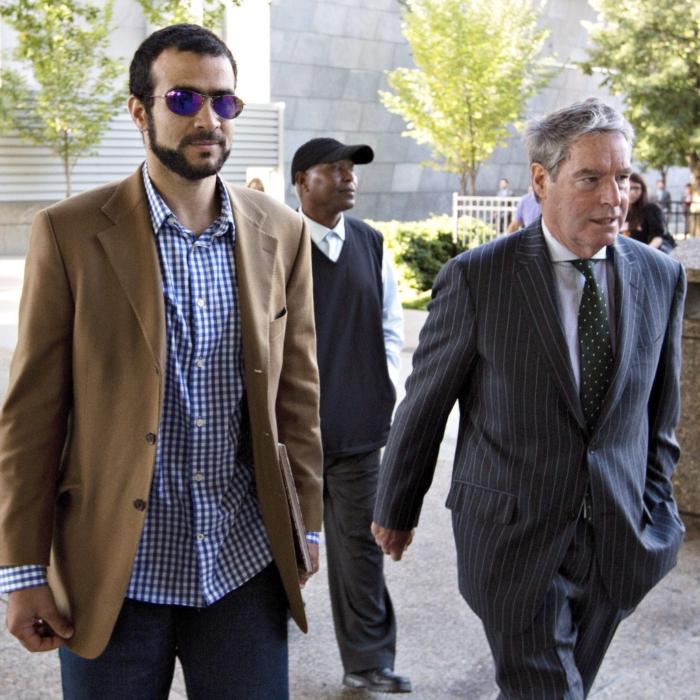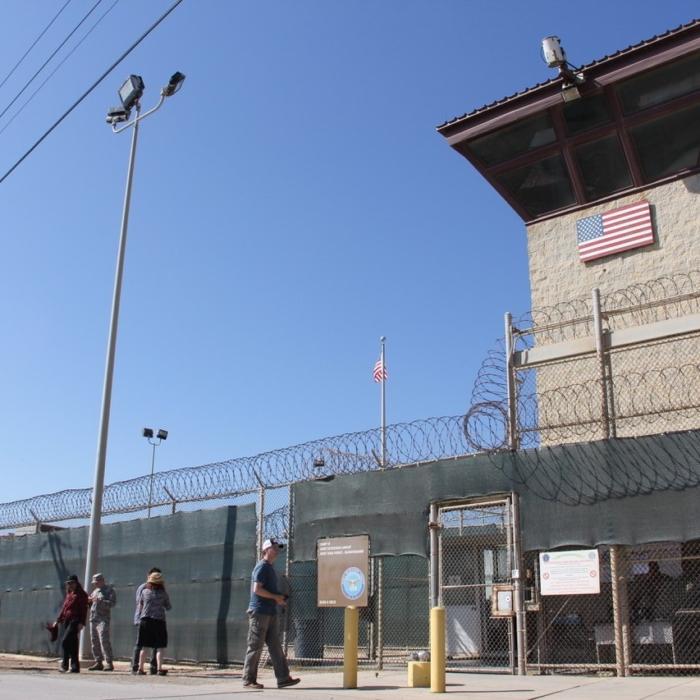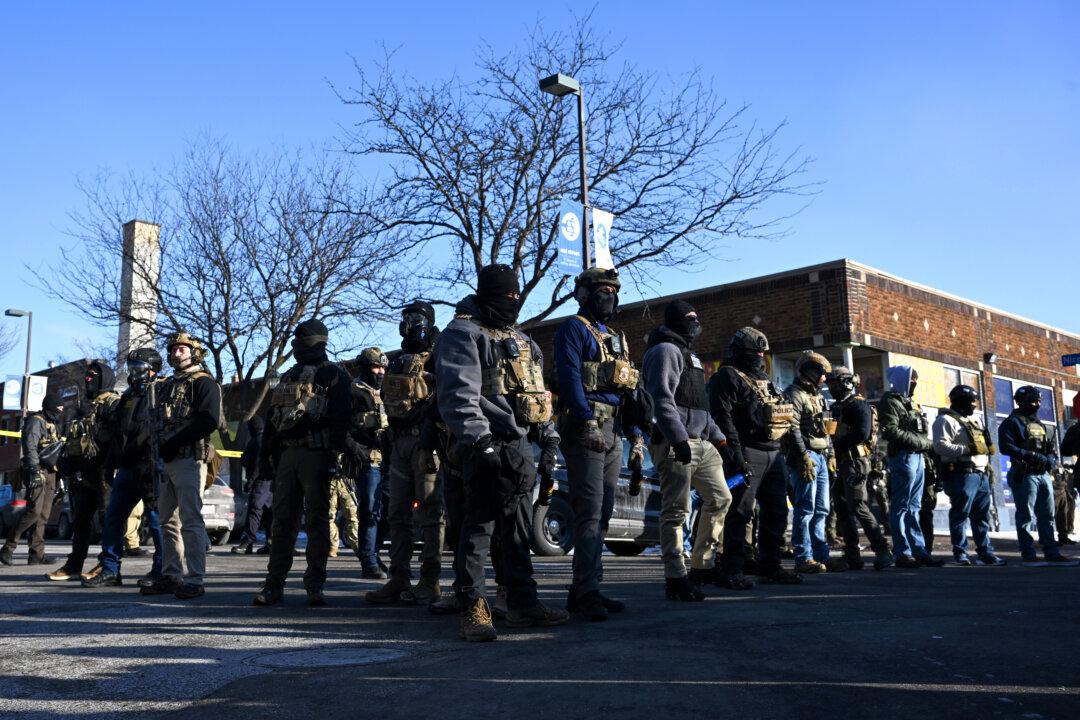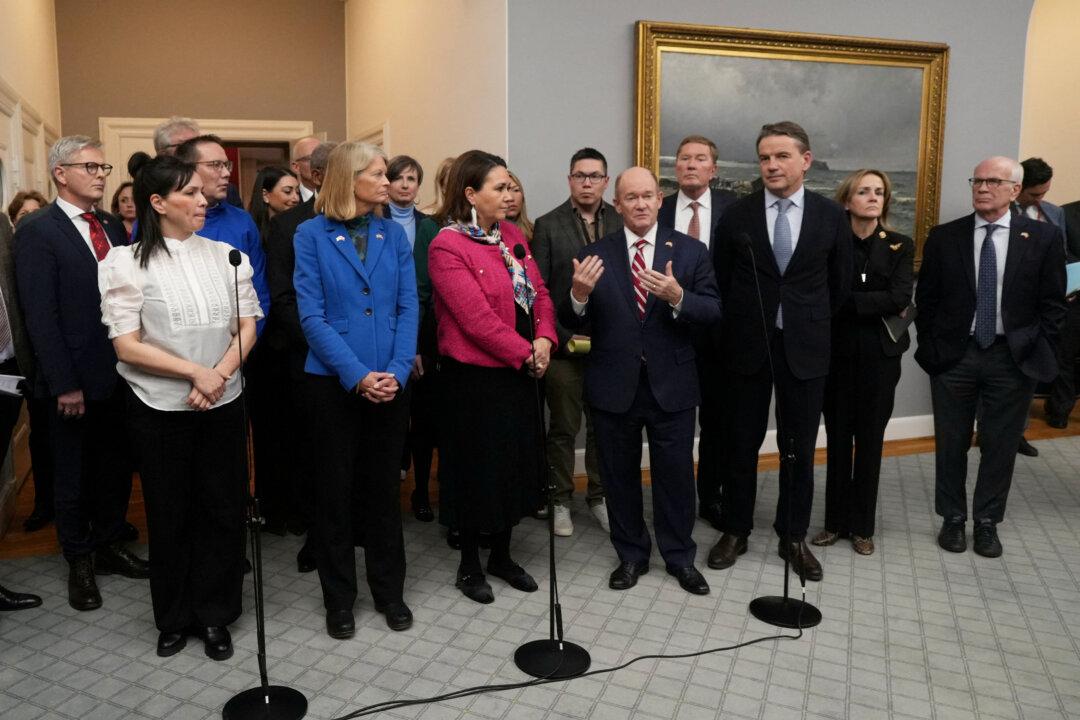Three men accused of plotting the Sept. 11, 2001 terrorist attacks on the World Trade Center in New York have entered guilty pleas.
The man accused of masterminding the attacks, Khalid Sheikh Mohammed and his two accomplices Walid Muhammad Salih Mubarak Bin ‘Attash and Mustafa Ahmed Adam al Hawsawi, finally agreed to plead guilty in exchange for escaping the death penalty. They are being held at the U.S. military prison in Guantanamo Bay in Cuba.
The pre-trial agreement was reached by the Convening Authority for Military Commissions, Susan Escallier, on July 31, according to a Pentagon statement. Specific terms and conditions have not been disclosed.
Mohammed, the former head of al-Qaeda’s propaganda department, was accused of masterminding the 2001 Islamist suicide attacks, in which two hijacked planes flew into the World Trade Center buildings in lower Manhattan on the morning of 9/11 killing nearly 3,000 people and plunging the United States into what eventually became a two-decade-long war in Afghanistan.
A third plane struck the Pentagon building in Virginia, and a fourth, suspected of heading to Washington, was brought to the ground in Shanksville, Pennsylvania, following a struggle between passengers and terrorists.
Mohammed, a Kuwaiti-Pakistani mechanical engineer, allegedly presented the idea of hijacking planes and flying them into U.S. buildings to Osama bin Laden, head of al-Qaeda, around 1996, and trained some of the hijackers.
Hawsawi has been accused of finance and travel arrangements for the hijackers, while Attash is accused of assisting with combat training.
Three suspects along with two others were initially charged and brought before a judge on June 5, 2008, before being charged jointly and arraigned a second time on May 12, 2012, according to the Pentagon.
The detention facility at Guantanamo Bay was opened by then-U.S. President George W. Bush in 2002 to house foreign terrorist suspects, following the 9/11 attacks, Mohammed being the most well known. Its population at one time peaked at 800 inmates before shrinking to 30 today.
Mohammed’s interrogations have long been under the spotlight. A 2014 investigation by the Senate Intelligence Committee on CIA “enhanced interrogation techniques,” found that Mohammed had been waterboarded at least 183 times.
Waterboarding is a torture technique that involves placing cloth over the mouth of an individual, then pouring water to induce controlled drowning.
The deal was reached through a nonprofit civil rights advocacy group, the American Civil Liberties Union, which has taken Mohammed as its client and called for life imprisonment instead of the death penalty in exchange for a guilty plea.
In a statement, Executive Director Anthony D. Romero called for an end of “indefinite detentions and unfair trials at Guantánamo” and said it was “the only practical solution after nearly two decades of litigation.”
Brett Eagleson, president of 9/11 Justice, a grassroots movement made up of survivors of the terrorist attacks and family members of those lost, said in a statement the group was “deeply troubled by these plea deals” and called for more transparency from the defendants.
